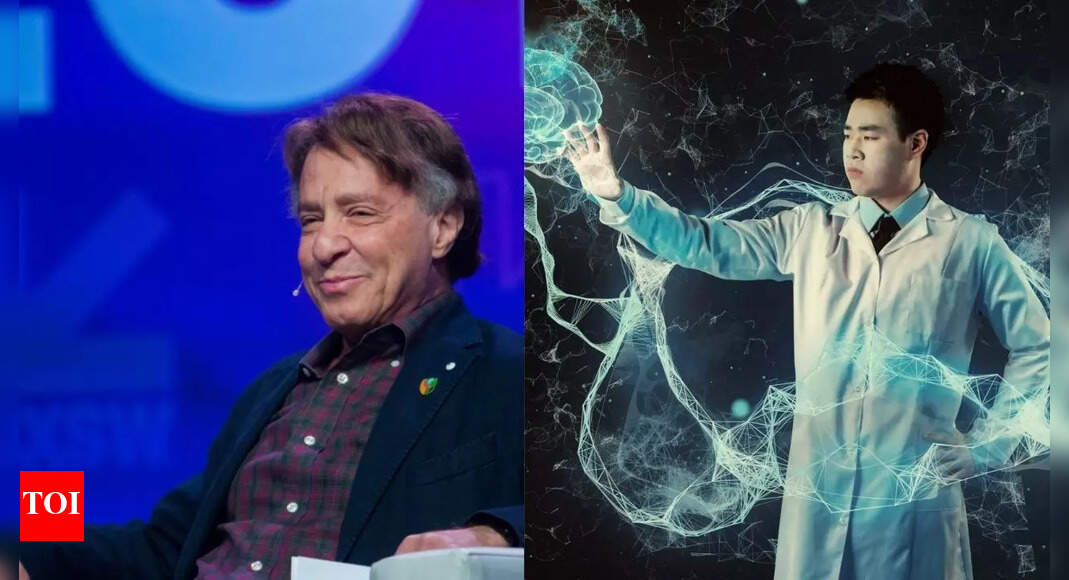Imortality on the Horizon: Experts Predict Humanity could Achieve Biological Immortality by 2030

In a world where technology is rapidly advancing, renowned futurist Ray Kurzweil has sparked debate about the possibility of achieving biological immortality through nanobots and artificial intelligence. According to Kurzweil, humans may be able to accomplish what was previously considered impossible—biological immortality by 2030.
Kurzweil predicts that the future of medicine will be revolutionized by microscopic machines called nanobots, which will travel in the human circulatory system, continuously checking the body's status, healing broken cells, and reversing signs of aging. If realized, this technology might not only heal diseases before they appear but also restore the human body on a cellular level, effectively stopping the aging process.
Kurzweil is no stranger to dramatic technological predictions. With an astonishing 86% success rate in making predictions about digital innovation, he has earned both praise and criticism for his vision of the future. His recent prophecy is set to spark debate about what it means for humanity to be immortal.
Also, AI experts are predicting that artificial intelligence will reach human-level intelligence by 2029, when machines will be able to pass the Turing test—a benchmark of a machine's capability to simulate behavior indistinguishable from a human's. The merger of human consciousness with AI is believed to augment memory, perception, and decision-making, taking human abilities beyond natural biological boundaries.
The idea of immortality challenges fundamental questions about human existence, purpose, and legacy. If human beings no longer age and die naturally, how will society manage population growth, resource distribution, and economic balance? What does our perception of life change when death is no longer an unavoidable reality?
While Kurzweil's vision of immortality is based on hope in the power of science, it raises significant ethical and philosophical concerns. Leaders and experts including Elon Musk have called for a pause in AI research, citing existing systems as a serious threat to society.
As we enter a world where technological advancements are rapidly changing, it is essential to address these fundamental questions about what it means to be human. Will immortality only be an option for the rich, or will it be a right that everyone has?
Only time will tell if humanity can achieve biological immortality by 2030, but one thing is certain: this prospect sparks both excitement and concern about the future of our existence.
Related Stories
- "How AI Breakthroughs are Reshaping Society"
- "The Future of Intelligence: Can Humans Merge with Machines?"
- "Euphoria Surrounds AI Advancements, But Are We Ready for the Consequences?"
